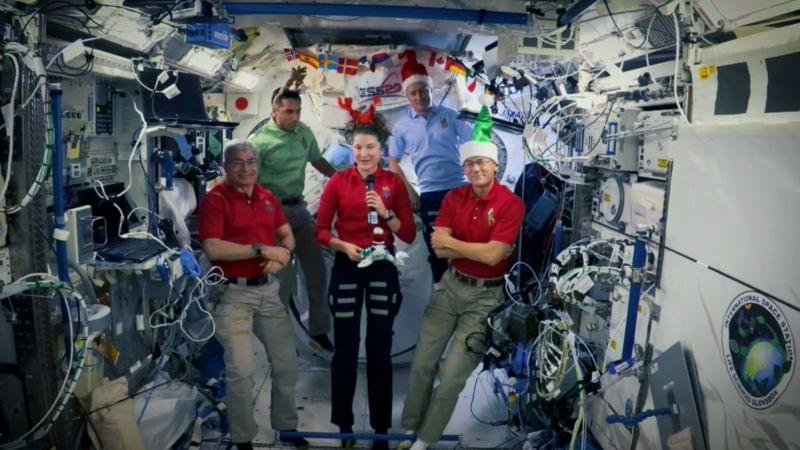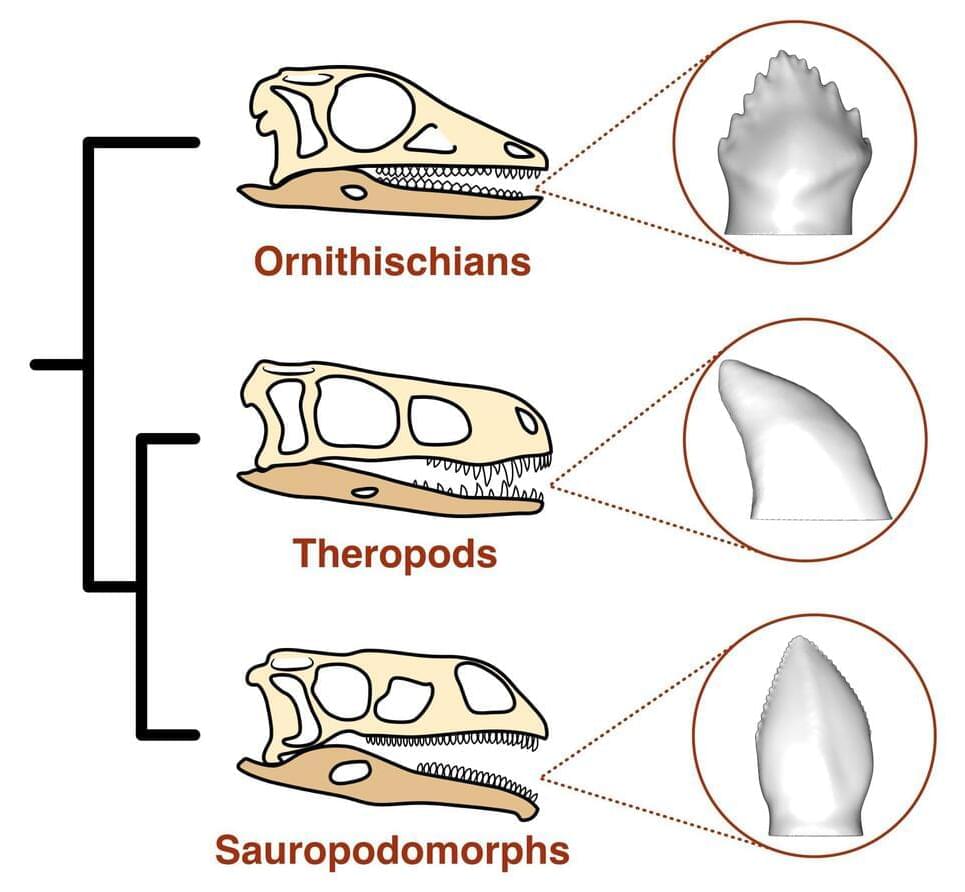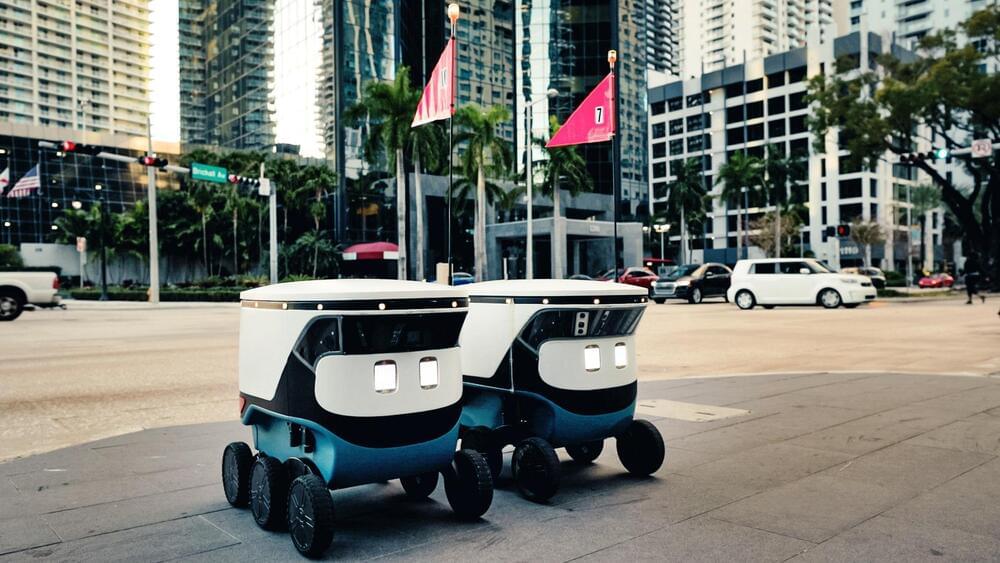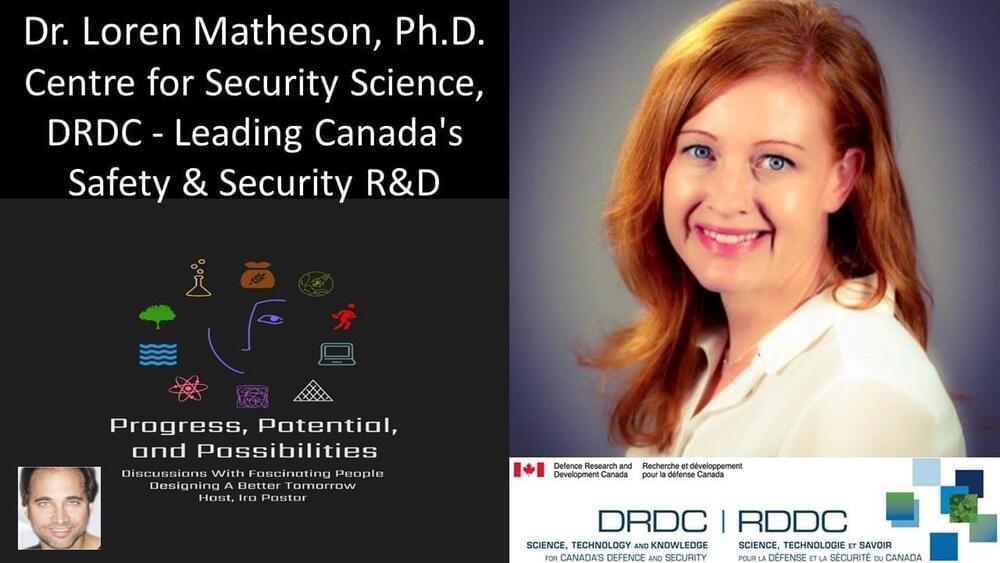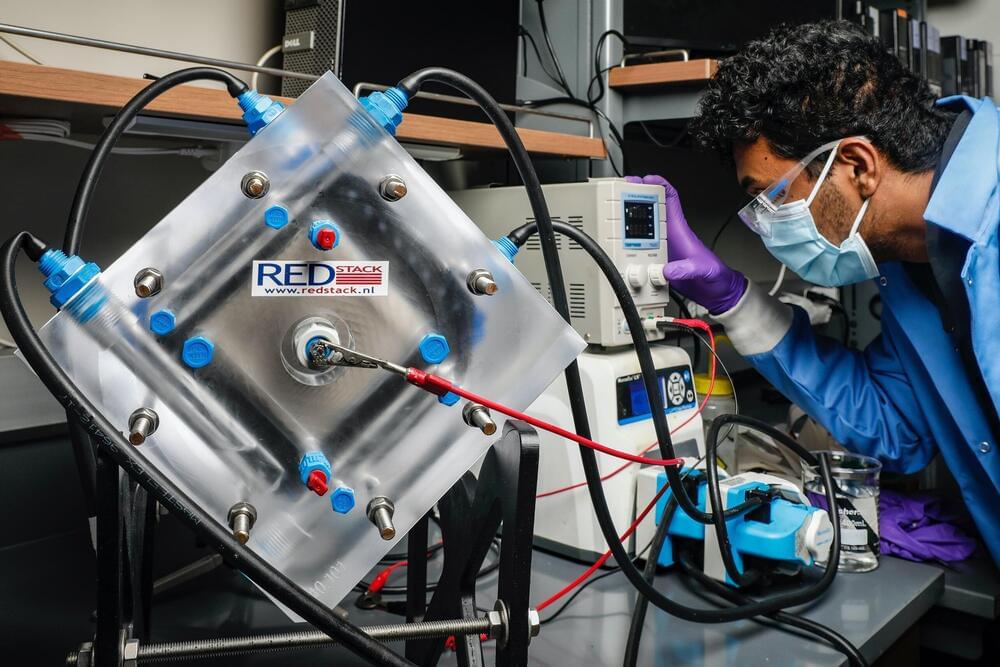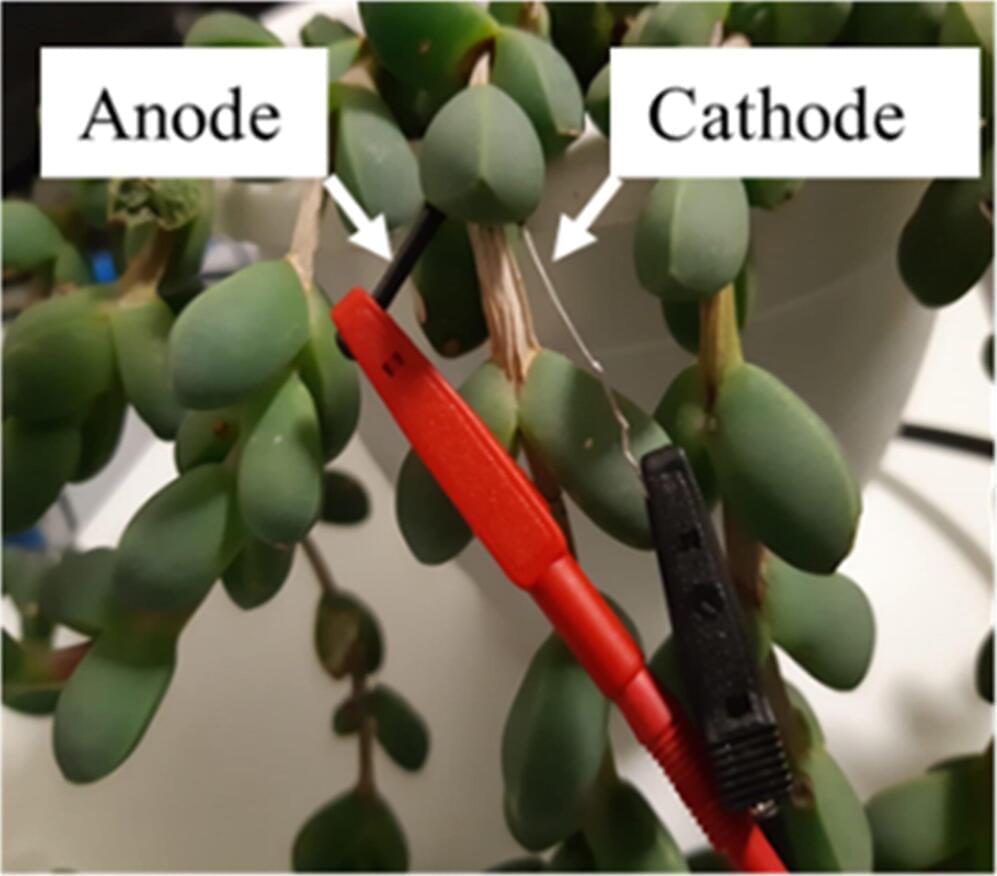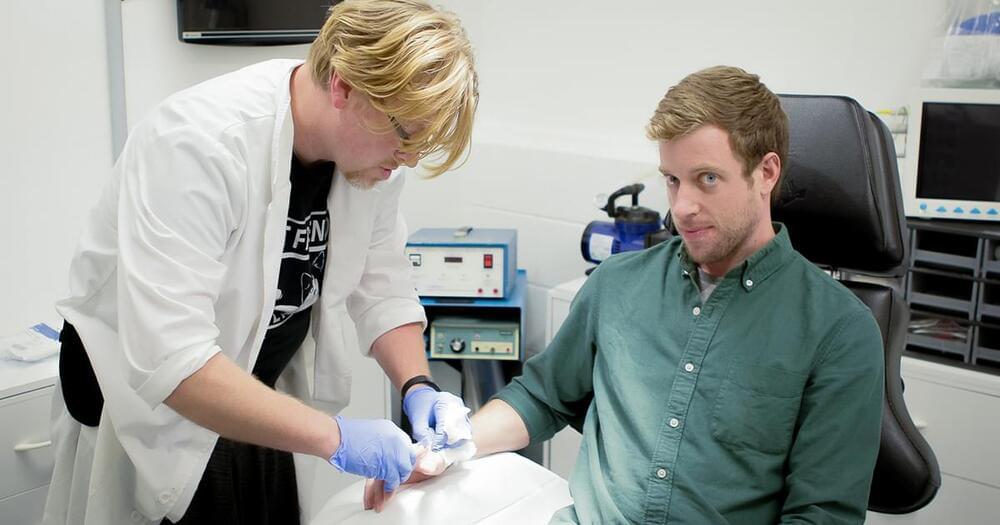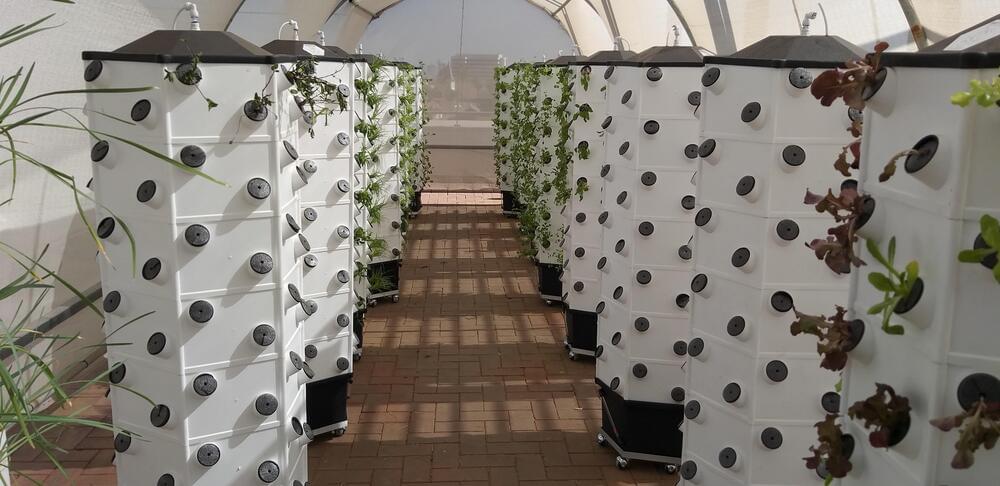Dec 21, 2022
How astronauts celebrate Christmas in space
Posted by Eamon Everall in categories: food, space
Astronauts have marked the tradition of celebrating holidays in space since the days of the Apollo mission, when the Apollo 8 crew famously shared their Christmas Eve message in a live television broadcast in 1968 by taking turns reading from the Book of Genesis in the Bible.
The first Thanksgiving in space was celebrated on November 22, 1973, when Skylab 4 astronauts Gerald P. Carr, Edward G. Gibson and William R. Pogue each ate two meals at dinnertime, although nothing special was on the menu for the occasion. The three worked on and supported a spacewalk lasting six hours and 33 minutes earlier in the day and missed lunch.
Continue reading “How astronauts celebrate Christmas in space” »
